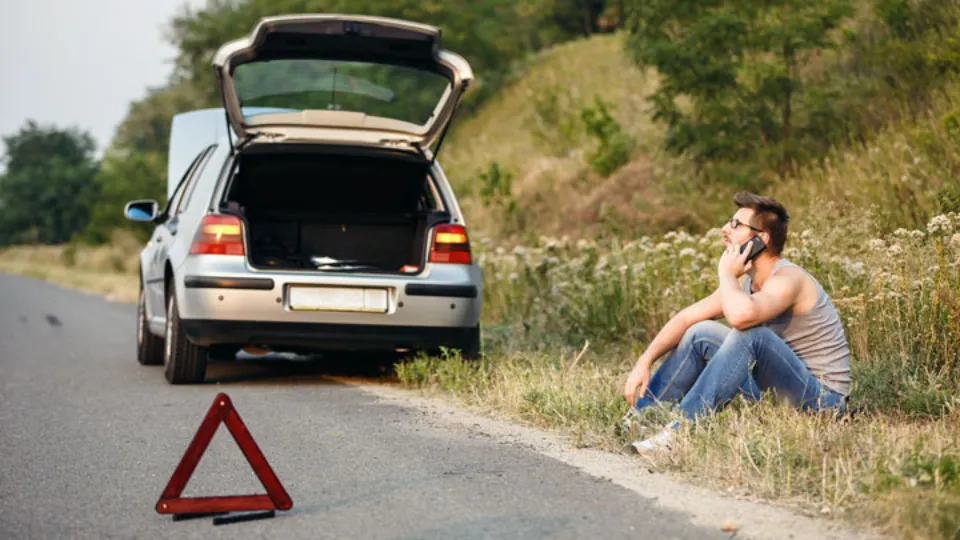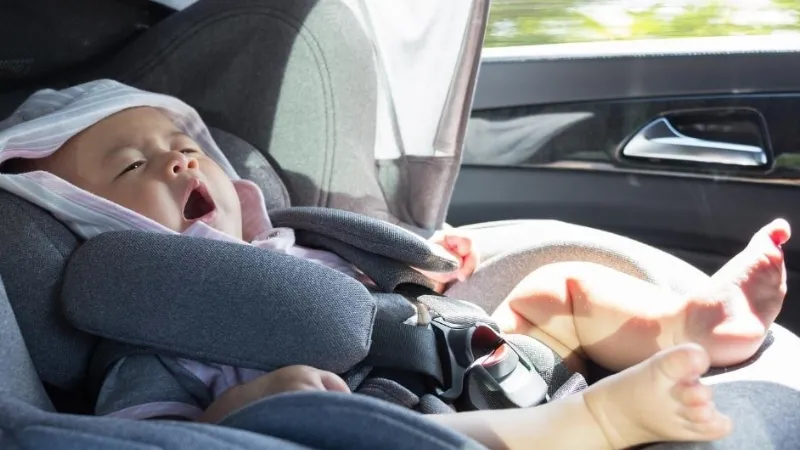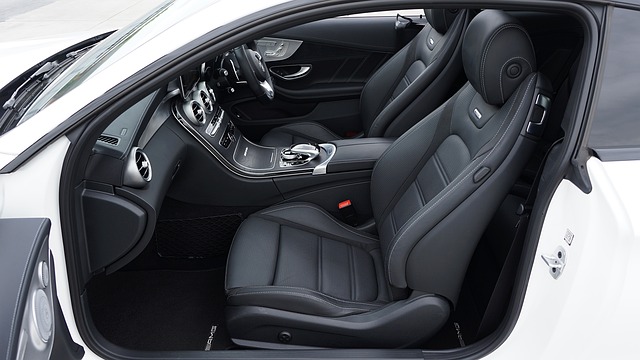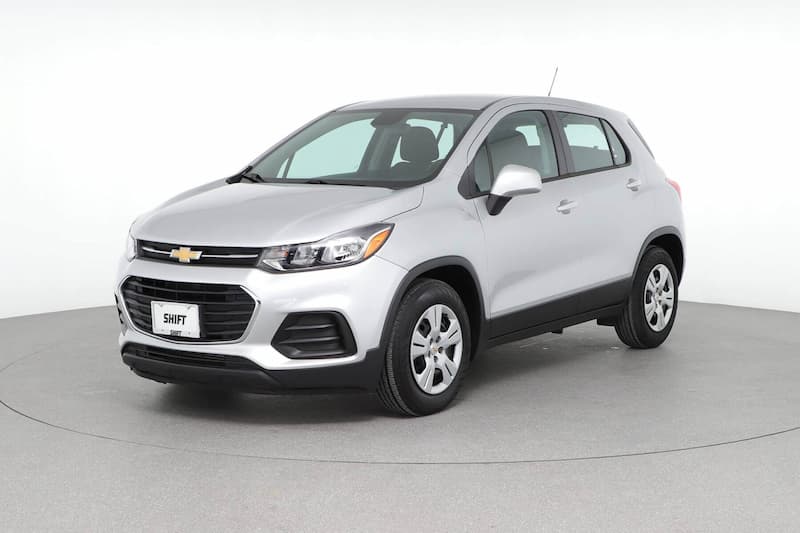To start with, how soon can a newborn travel long distance by car? Generally, experts recommend that you wait until the baby is six weeks old to embark on a long-distance road trip. The longer you wait to travel, the less likely it is that your child will get sick because their immune system is still developing.
Please read on for more detailed information.
Table of Contents
How Soon Can a Newborn Travel Long Distance by Car
How soon can a newborn travel long distance by car is an overwhelming question first-time parents ask, and it is very understandable. You want the best for their safety because you are delicate and brittle.
The incredibly short answer to that is that there are no laws or safety implications established for the age of a baby before such an infant can travel by car. As a result, a newborn can travel by car as soon as you are released from the hospital.
According to the American Academy of Pediatrics on travel safety tips for car, airplane, and international travel, no specification was given on a child’s age to travel by any of these means but mentions “infants and young children” and gives safety tips for traveling.
NCT recommends, according to experts, that infants less than 4 weeks should not be in a car seat for more than 30 minutes and older babies and children of all ages, not more than 2 hours.
However, there are the general basic guidelines to be aware of, which include:
- Using the right infant car seat, which should be rear-facing and installed securely in the back seat.
- Following proper guidelines on feeding a baby in the car seat,and
- The 2-hour ruleand making multiple stops every 30 minutes if the baby is under 4 weeks – requires adequate planning beforehand.
When traveling by air, however, it is a completely different scenario.
I’ll go over everything about driving and flying with a newborn in this article.
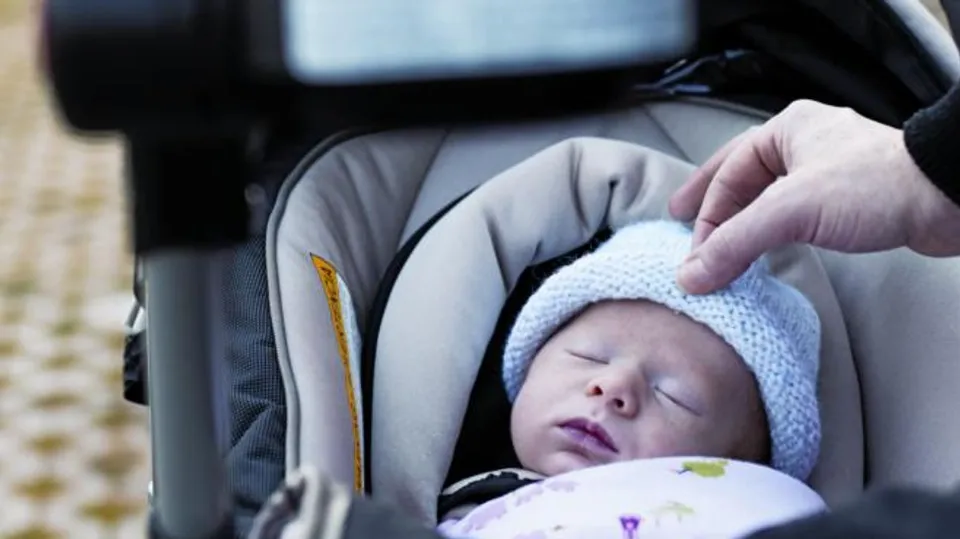
How Soon After Birth Can a Baby Travel by Car
According to the American Academy of Pediatrics, a baby should have their first ride from the hospital in a rear-facing car seat.
This implies that right from when you were pregnant, you must have been planning to buy a car seat at least 3 weeks before your due date, according to the American College of Obstetricians and Gynecologists. As soon as you are discharged, you can travel by car.
Safety Guideline When Traveling by Car
- Use a Car Seat– as recommended by AAP, infants are to ride in a rear-facing car seat installed in the back seat.
- Be aware of the state car seat laws– since you’ll be traveling, you should get familiar with the car seat laws of the state you will be arriving at. While some states do not specify on car seat type or car seat position (front seat or back seat), some are clear about these in the laws and attract big fines when violated. You can find all states’ car seat laws through this page.
- Type of vehicle– if you own a single cab truck, you want to be sure you can install your car seat in the truck (airbag must be turned off, lap/shoulder belt available) and that your destination state permits car seats in the front seat. For instance, Colorado mandates that infants younger than one year and lighter than 20 lbs. ride in the back seat, and there are no exemptions.
- Feeding your baby– while there are no laws that forbid feeding in a car seat, you want to ensure you, your baby, and other passengers are restrained in the vehicle while in motion. As a result, you must stop and give your child proper nutrition whenever you need to feed them. You can read more helpful guidelines on feeding a baby in the car seat.
- Frequent stop-overs and the 2-hour rule– because you have to tend to your baby now and then all through the journey, it is recommended you make frequent stops to feed them, change diapers, and even take a rest. Coincidentally, there is also the 2-hour rule, which states that infants under 4 weeks old should not ride in a car seat for longer than 30 minutes, and children over 4 weeks old should not ride in a car seat for longer than 2 hours in a 24-hour period, as advised by car seat manufacturers.
- Proper dressing based on the weather– depending on the season, you want to ensure your child is well dressed for the weather, so their comfort and safety are not compromised. If in summer, you want to keep your baby cool in the car seat, and if in winter, keep them warm.
- Finding a pediatrician– Your baby’s health in a foreign country is one of the main considerations when you travel. The American Academy of Pediatrics recommends finding a pediatrician ahead of when you’ll be in the new city. In the link above, you’ll find a list of pediatric facilities for every state.
General Tips Travelling With a Newborn by Car
After discussing important safety precautions, I’ll now offer some additional advice to make traveling with a newborn easier.
- Extra supplies– have lots of diapers/wipes and a washcloth you can use for spit-up. A blanket you can use to put your baby on when you’re changing the diapers. breastfeeding, or formula.
- Cleaning supplies– you will need this to clean your baby car seat when it gets a little messy. You don’t want liquid drops to become lodged and challenging to remove later. Always remember to wash your hands before and after changing a baby’s diaper, and a vinegar-soaked hand wipe will do the trick. Have some extra bags where you can keep changed diapers in.
- Consider night trip if possible– since the baby will usually be asleep by night, you can consider traveling by night. Ensure you’re fit to ride by night and it is safe.
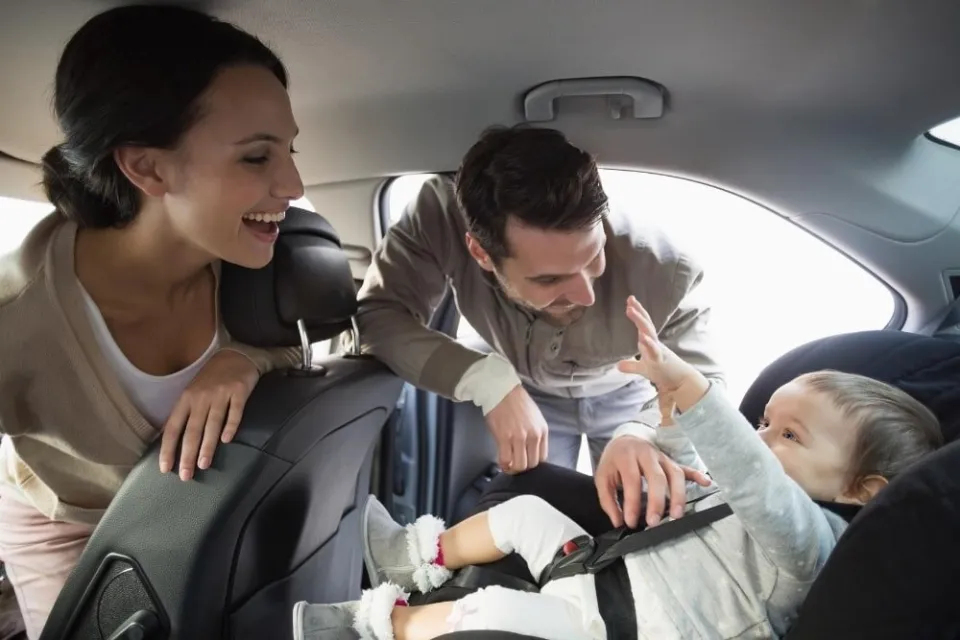
Baby’s Immune System (and Why It Matters for Car Travel)
During the first few months after birth, the newborn’s immune system is still growing.
They are therefore less immune to disease than you are. They are gradually building up resistance to the bacteria and viruses in your home. Your car most likely also contains the same bacteria that you carry around with you.
What Does This Mean for Short Car Trips?
It means that short trips (up to 30 minutes at a time, like to and fro the pediatrician’s office) might be safe from birth for a healthy, fully developed baby. As long as you wash the car after a day of exploring, that is.
I say “might” because, like always, your pediatrician gets the final say.
What About a Long Car Ride?
Before taking your baby on a long road trip in the car, you should wait two to three months.
The infant’s immunity becomes strong enough at that point to fend off the most prevalent bacteria or viruses in your car.
But aren’t those the same bacteria as on the short trips?
They are, but with a developing immunity, the exposure time also matters.
Resume – When Can a Newborn Baby Travel by Car?
A healthy, fully-developed newborn can take short car trips (up to 30 minutes) from birth.
For longer distances, you should wait for the baby’s immune systems to fully develop (2-3 months).
That answers the all-important question, “When is it okay to drive with a newborn?”
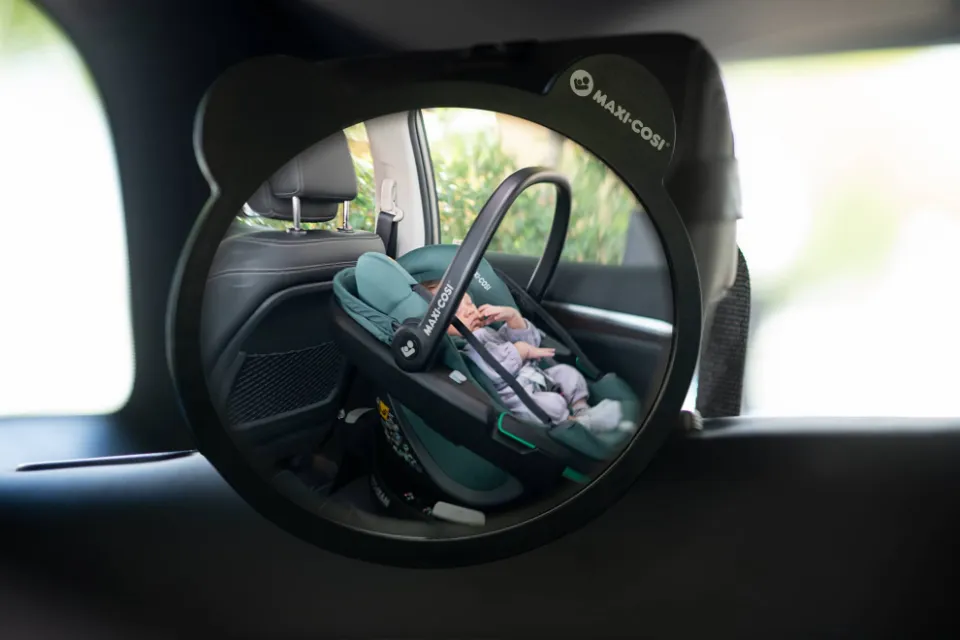
FAQs
Can a 1 Month Old Go on a Road Trip?
Many parents are eager to begin their families with their newborn. Can a one month old go on a road trip? Not so quickly, advise many physicians. You may want to wait until the baby is minimally six weeks old before venturing off on your first road adventure. There are many factors to consider. Firstly, your infants immune system isn’t fully developed yet. Ideally, you can take your infant on a long-distance road trip as early as three months.
How Long Should a Newborn Be in the Car For?
It’s ideal to keep a newborn’s long-distance travel to a minimum, but we recognize that not all families can achieve this. It would be advantageous if you could leave your infant in the car for two hours at a time. We strongly advise the non-driving parent to sit next to the infant in the car because a newborn requires a lot of care. In this situation, one parent is driving and the other is seated in the backseat with the child. The best course of action is to closely monitor your infant if you don’t have another parent or caregiver with you on the road. Since your baby is rear-facing, make sure to purchase a carseat mirror so you can see your child’s face while you are driving.
What You Need to Travel on a Road Trip With Your Infant
it is time to plan your first road trip with your infant! You are aware that stopping should be done every few hours, and if you are traveling alone, every fifteen minutes. When you travel with your baby, there are a few things you will need. Here are some of our favorite things for long-distance travel with a young child.
Summary: How Soon Can a Newborn Travel Long Distance by Car?
If you’re a new parent and it seems that your traveling days are behind you, one of two things is happening:
- You’re getting your information from the wrong sources(read: other parents who’d like to travel but don’t have the grit)
- You’re trying to find a reason not to go anywhere because it feels safer to stay put.I understand that your first instinct would be to keep this new, weak being away from any potential threats.
If you take one thing away from this guide, let it be this – you shouldn’t be doing either of the two.
Travel is not only safe for them, but also beneficial if you are a knowledgeable parent.
With the new dynamo in the car, your life on the road could actually take on a completely new dimension.

-2.jpg)

